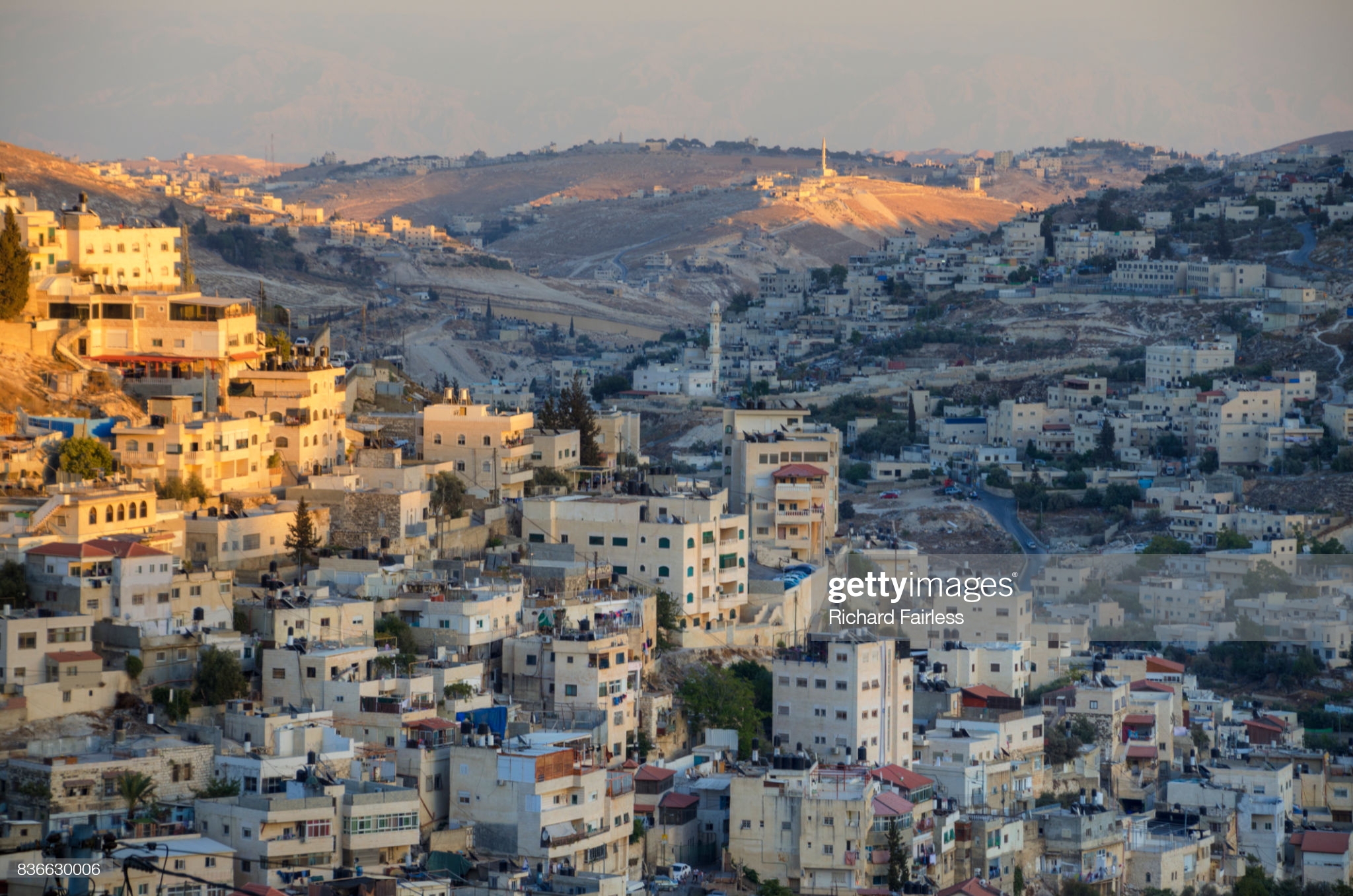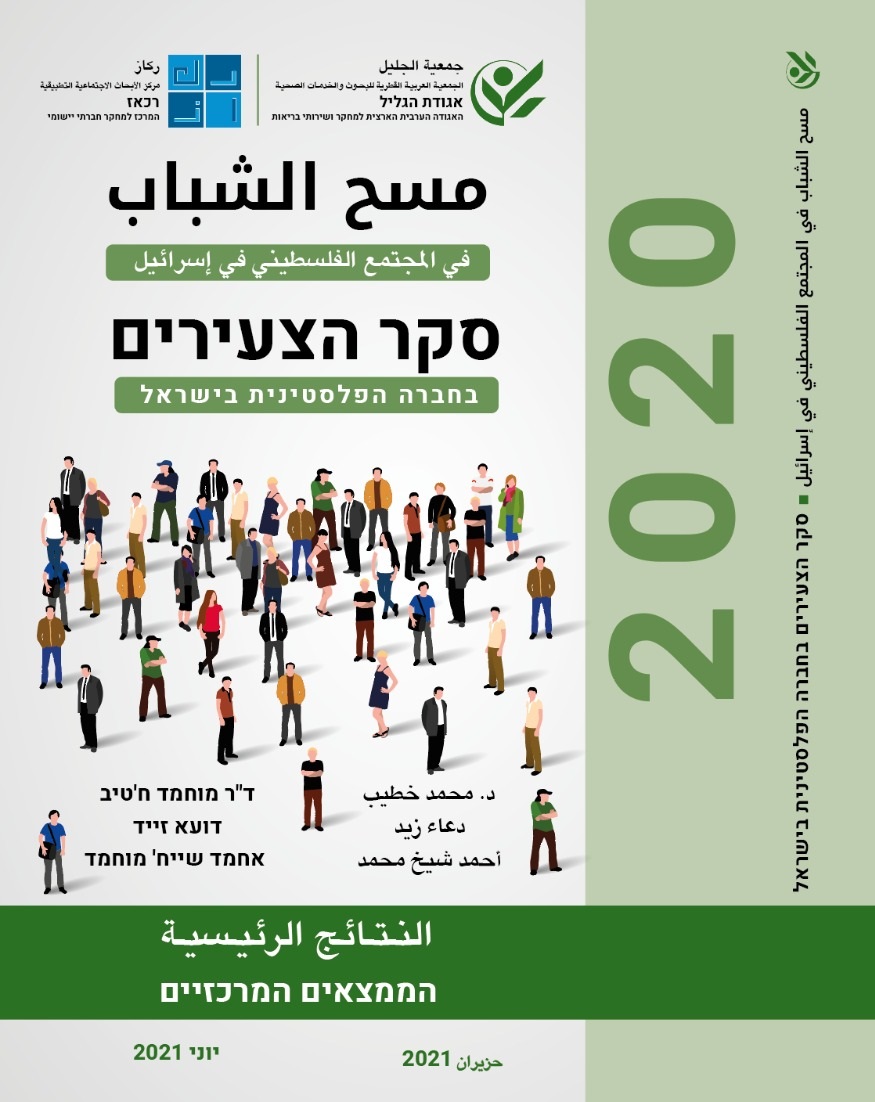Palestinian citizens of Israel constitute close to 20.7% of the population, numbering over 1.6 million people in 2013. After the establishment of the state of Israel in 1948, when many Palestinians were expelled or fled; only 156,000 out of 900,000 Palestinians remained in Israel, while the rest became refugees in the Arab states or the West.

Palestinians in Israel face systemic discrimination in most areas of their lives; in land rights, education, language, economics, culture, environment, health, political representation and even information. Government budget allocations are disproportionately low. As a result, the Palestinian community is relegated to a lower standard of living; unemployment and poverty rates are desperately high and many villages lack basic health, education and infrastructure services. In short, members of this community are locked into second-class citizenship and prevented from realizing their full democratic rights in society.
While there is a pervasive disregard for information specific to the nation’s Palestinian community, the Jewish majority is widely represented. Information is constantly being collected and disseminated, updated and amended, while the Arab community is largely ignored. Palestinians are denied a collective identity, negatively identified as “non-Jews” in official statistics, and subdivided into groups according to religious affiliation, rather than nationality.
This situation helps sustain inequality in Israeli society and denies Palestinians the right to accurate data with which to champion their cause, both locally and internationally. In a world where information is a form of power, it is clear that Palestinians need to know more about themselves to have a chance at winning recognition, and fulfillment, of their fundamental rights.


